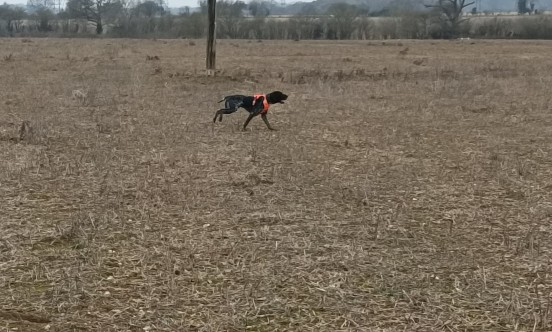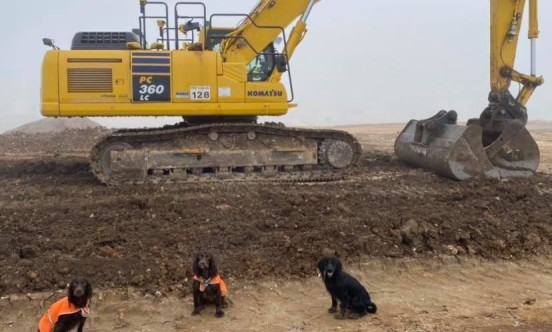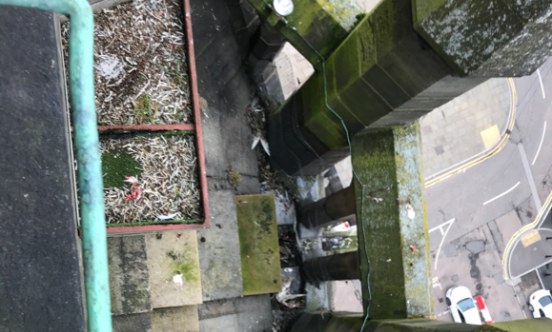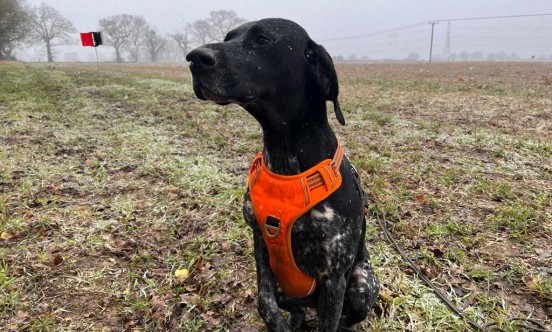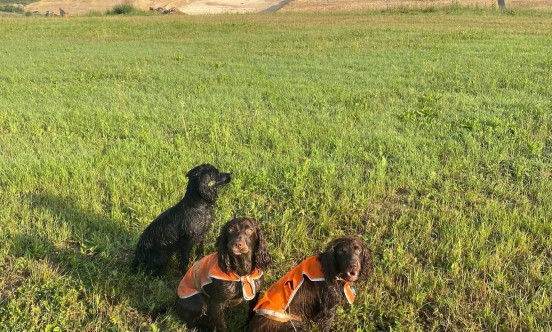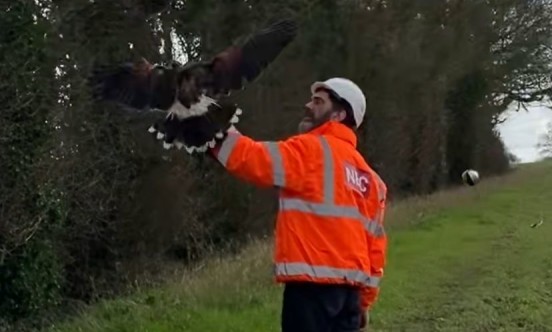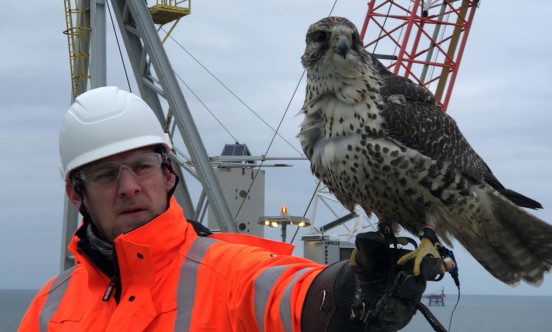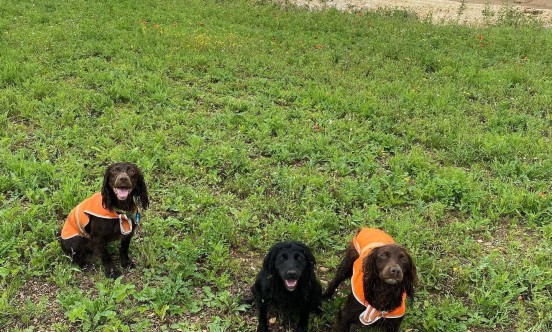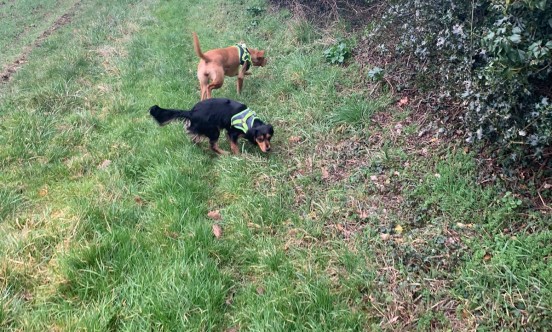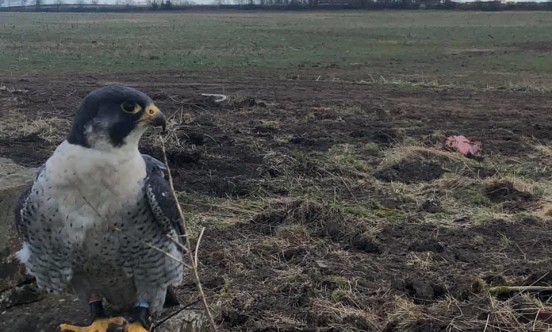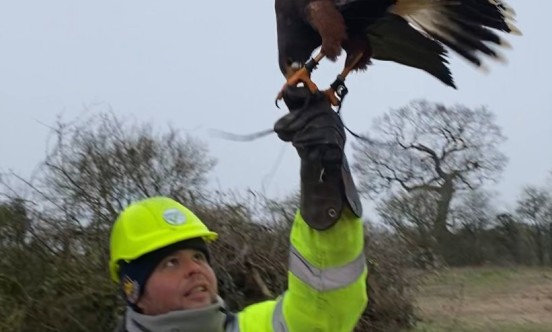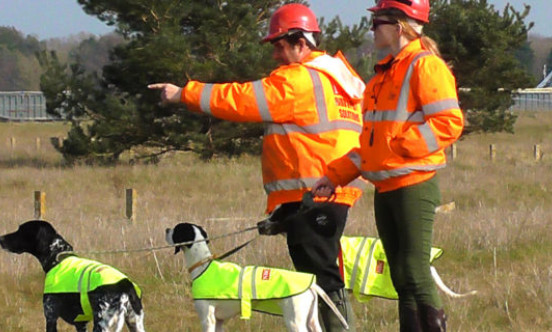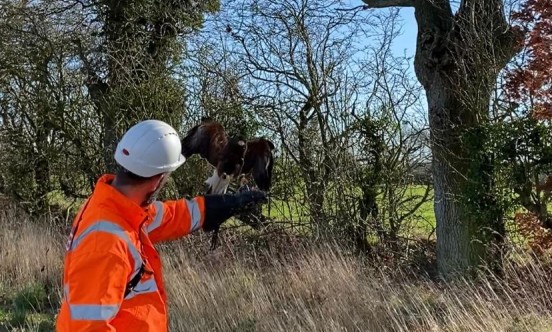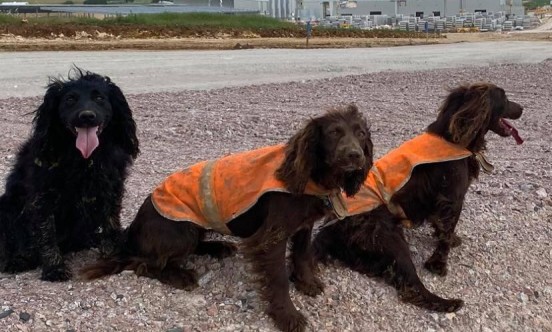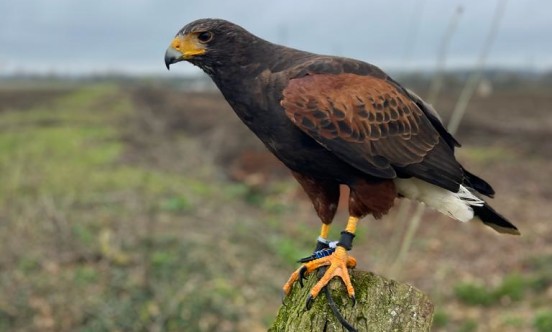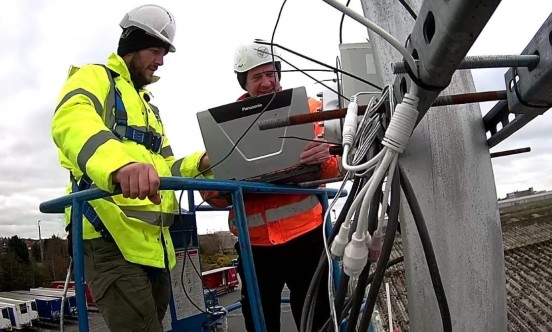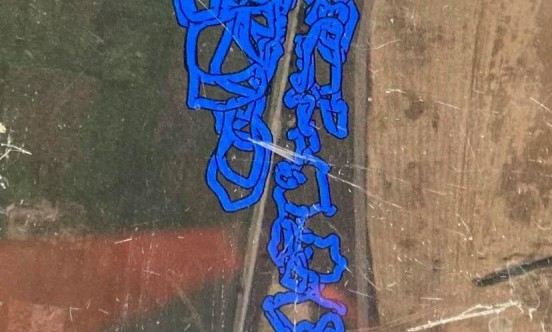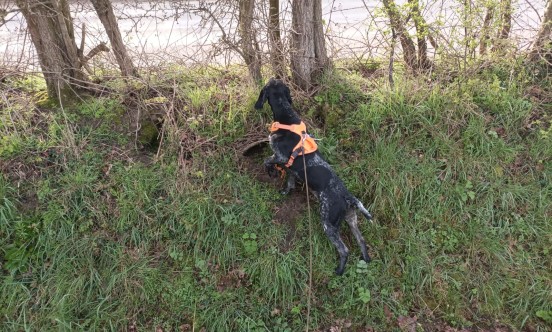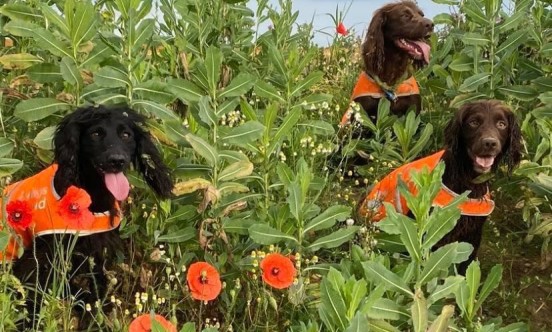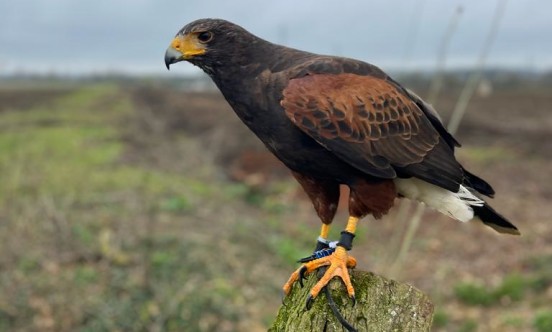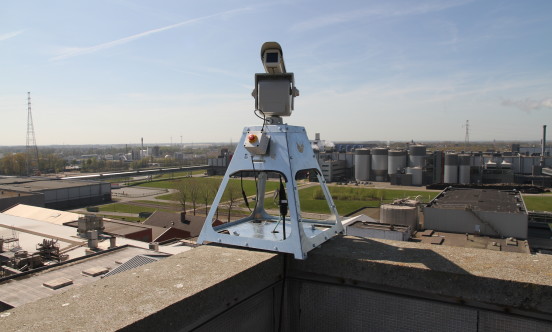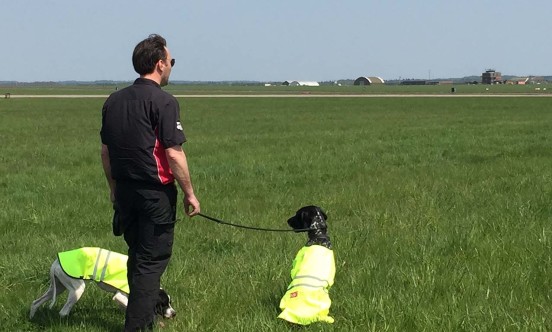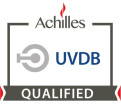
Call 0333 567 2020 for advice and quotes or contact us online
Nesting peregrine falcons on nuclear reactor building
Gallery
NBC save Magnox over £800,000
Chapelcross was an active nuclear power station up until 2004 and is currently in a decommissioning programme with Magnox being the Site Licensee. An initial enquiry into NBC in May 2017 suggested that a routine ecological survey had identified a pair of nesting Peregrine falcons upon a heat exchanger and Magnox had been advised that decommissioning works on immediately adjacent heat exchangers were to pause to avoid disturbance to the nest whilst eggs or young could be present. Delays to the decommissioning programme would cost Magnox in excess of £800k in down time.
Project overview
NBC's bird control team were drafted in with specialist knowledge within this field. Upon attending site for an initial consultancy visit to establish the extent of the current Peregrine activity, it was confirmed that the falcons had nested and were likely sitting upon eggs. NBC confirmed the pause in works would allow the Peregrines a good chance to nest successfully but concurrently looked at solutions to avoid operational downtime.
Our solution
As current legislation states, it is illegal to intentionally or recklessly disturb these nesting birds. NBC were able to submit a licence application to Scottish Natural Heritage (SNH) to request a monitoring programme be carried out on site while the heat exchanger decommissioning activities were carried out by Magnox and their main contractors. This monitoring would consist of daily site attendance for the duration of the Peregrines nesting, until the young had fledged and then dispersed. It was imperative that NBC were in direct contact with on-site operatives to advise if any works caused excessive disturbance to the Peregrines and suggest courses of action to minimise the likelihood of disturbance occurring.
Both Magnox and SNH agreed to the proposed monitoring works and NBC’s in-house bird specialist ecologist led the project. They provided daily reports directly to Magnox and quickly established there were 2 x eyasses (young) within the nest. During the 5 week programme, NBC attended various site meetings to discuss works which may have had the potential to cause disturbance. It quickly became apparent that since the Peregrine chose to nest directly within this noisy and busy environment, that very little aspects of the decommissioning works affected them.
Towards the end of the programme, NBC were able to report that both juvenile falcons fledged and the only real interruption to the decommissioning works was from inclement weather!
NBC helped Magnox achieve their commitment to comply with this sensitive environmental issue and ultimately helped them save £800k in potential project delay costs.
